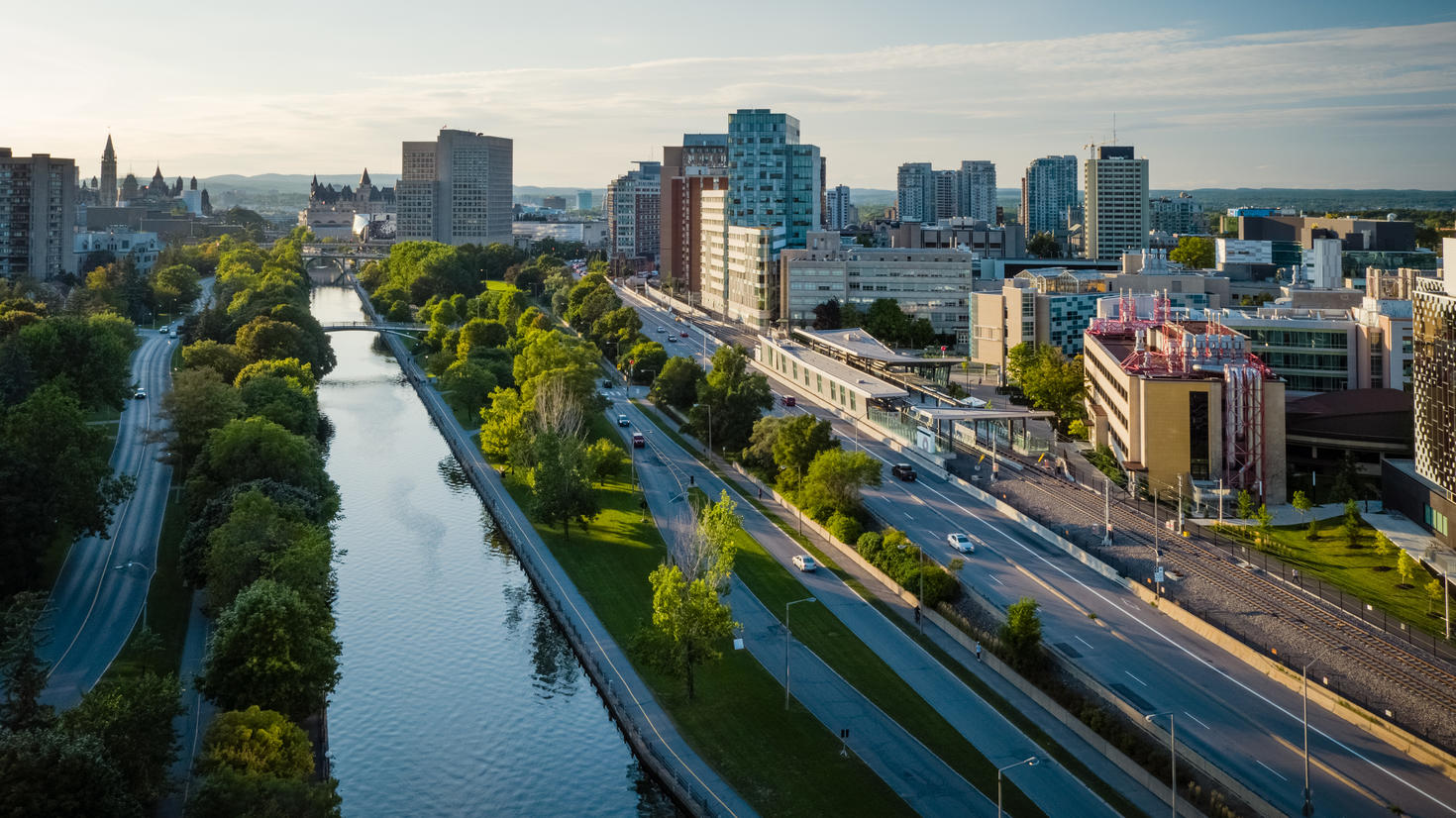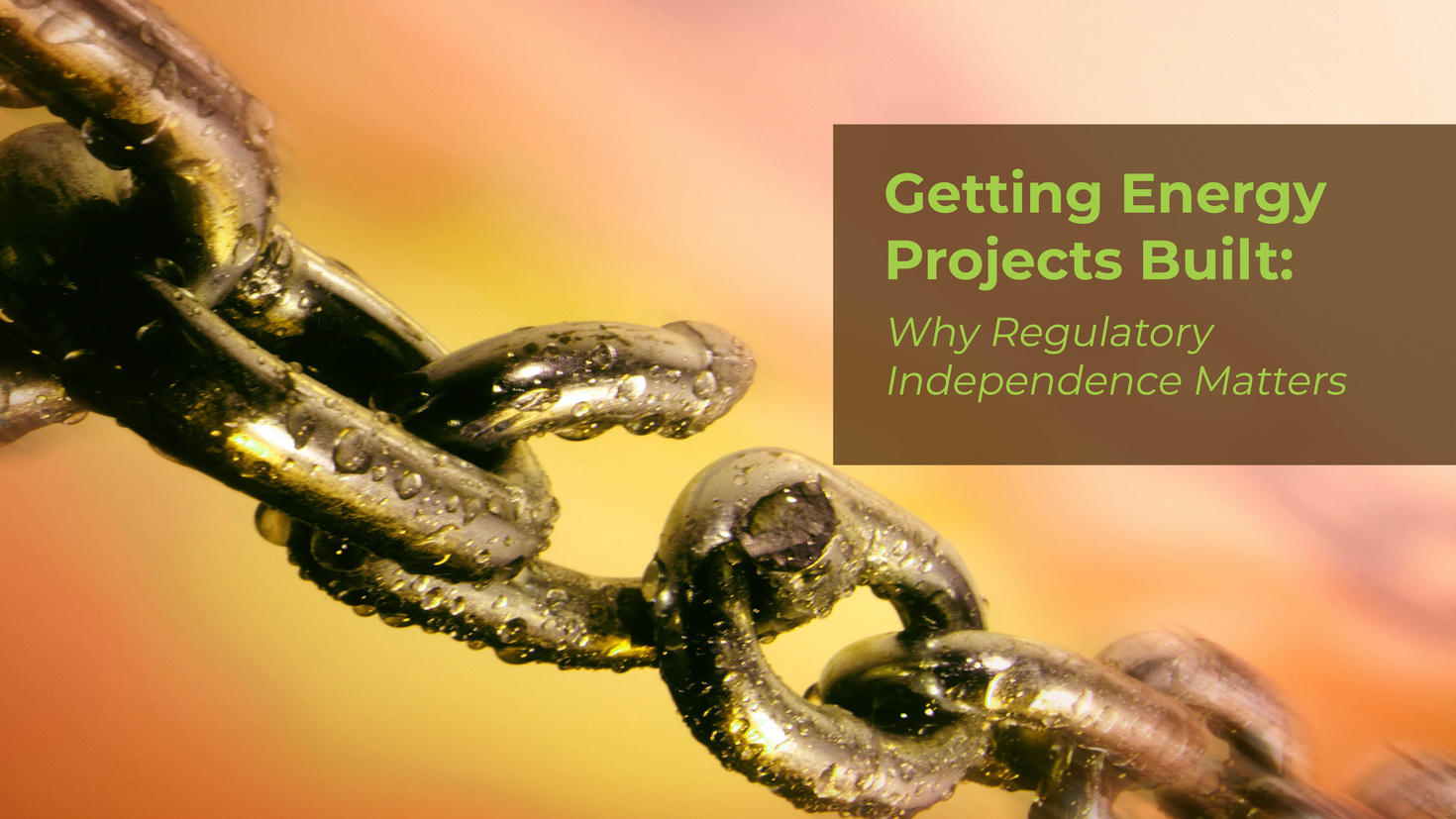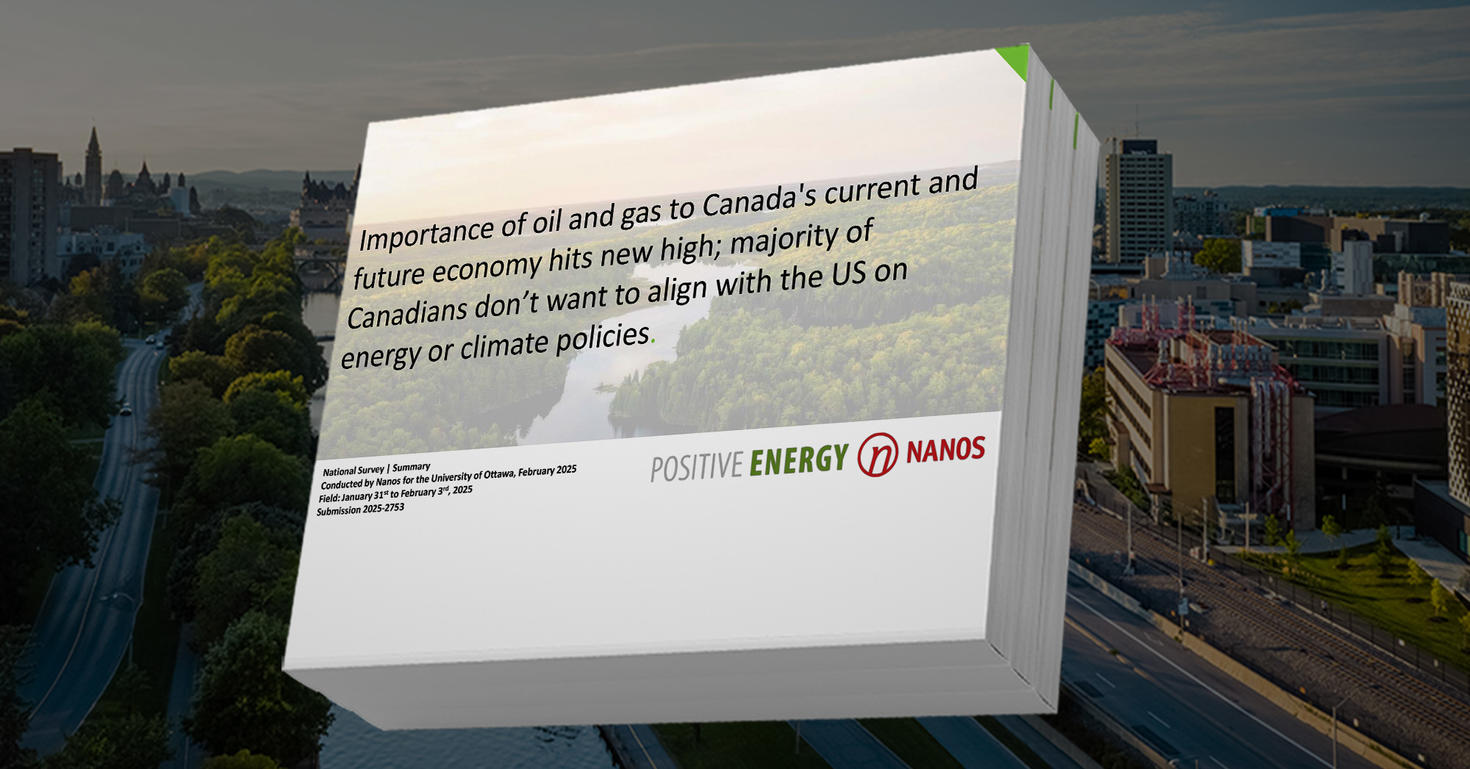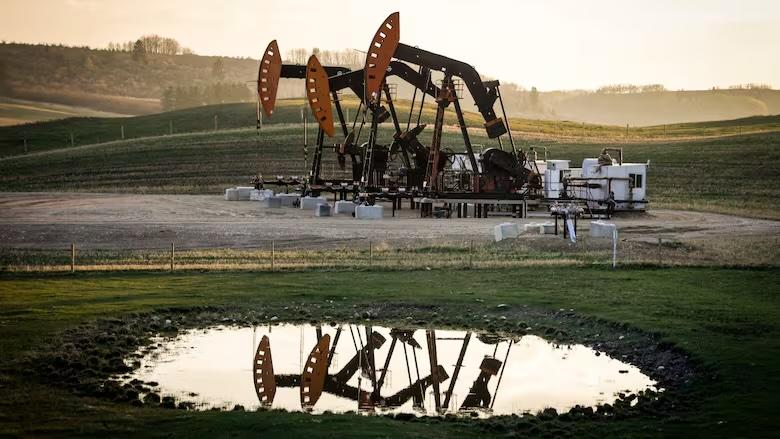
Positive Energy
The University of Ottawa’s Positive Energy program uses the convening power of the university to bring together academic researchers and senior decision-makers from industry, government, Indigenous communities, local communities and environmental organizations to determine how to strengthen public confidence in energy decision-making.
News from PE

Proportion of Canadians who believe now is the best time to be ambitious in add…
Public opinion survey by Positive Energy and Nanos Research gauged the opinions among Canadians on climate ambition, views on interprovincial pipeline…

Getting Energy Projects Built: Why Regulatory Independence Matters
This Positive Energy report presents interim findings from a research project focused on regulatory independence, one of the key factors contributing …

Importance of oil and gas to Canada's current and future economy hits new high;…
Public opinion survey by Positive Energy and Nanos Research gauged the opinions among Canadians on oil and gas, more particularly how important they a…
PE in the Media

How Trump's Threats Are Reshaping Canada's Energy Strategy | Election Special E…
In this episode of the Elections Special podcast by Power Struggle, Stewart Muir interviews Monica Gattinger, Chair of Positive Energy and Director of…

Carney and Poilievre have both pledged 'energy corridors.' That could be compli…
Article by Mark Gollom in The CBC News quoting Dr. Monica Gattinger, Chair of Positive Energy and Director of the ISSP, uOttawa.

Part 2 In A Series: Canada’s Energy Future — Canadians Bullish On Oil And Gas
The Daily Oil Bulletin Energy article, written by Dr. Monica Gattinger, Chair of Positive Energy and Director of the ISSP, uOttawa.
Speaking Engagements
Contact us
Positive Energy
Institute for Science, Society and Policy
120 University Private
Social Sciences Building
15th Floor
Ottawa, Ontario, Canada
K1N 6N5
Tel.: 613-562-5800, ext. 3911
[email protected]




